“Do you have any more questions for me today?”
Dr. Jonathan Phillips
Questions such as this are often a signal to the patient that the clinical encounter has come to an end. Yet, there are rarely any questions brought up by the patient. That does not necessarily mean that they understand or are equipped to participate in their healthcare. In fact, surveys show that over one-third of patients have poor health literacy and up to nearly 90% of patients do not have the health literacy that is needed to be able to navigate the complexities of our healthcare system. (1)
The Affordable Care Act (ACA) pushed for new focus on patient involvement in their healthcare. More recently, usage of patient portals has increased as hospital systems continue to track their engagement and usage rates. Frankly speaking, communicating to patients effectively is being mandated. Improving engagement with patients may lead to better patient satisfaction, better self-management of chronic conditions, and sometimes even improved outcomes of chronic medical conditions. (2)
Published literature has shown that low health literacy is directly related to poor health outcomes. In fact, low health literacy is a “better predictor of health status than age, income, employment, ethnicity, or education level” and may lead to U.S. annual costs of up to nearly $200 billion dollars. While many studies have struggled to demonstrate broad applicability, they have consistently shown that improved health outcomes, improved patient satisfaction, and improved health behavioral outcomes have resulted from attempts to increase health literacy. (3)
Many not-for-profits and governmental organizations including the Joint Commission and the Agency for Healthcare Research and Quality (AHRQ) have made recommendations and even toolkits for helping clinicians improve patients' healthcare literacy. (4) The AHRQ points out several widely applicable successful interventions. (8)
A study of nearly six thousand veterans in the VA healthcare system showed that a provider-directed intervention at healthcare literacy was able to increase colorectal screening rates from 32% -> 43%. (5)
A small study of 70 patients found that providing education aimed at improving healthcare literacy combined with medication was more effective at reducing depression symptoms than medication alone. (6)
Among patient with diabetes, patients who had low health literacy and were provided directed education were much more likely to reduce their Hemoglobin A1C to goal levels than the control group (42% vs 15%) (7)
One Tool in a Toolkit
The AHRQ provides a "Toolkit" for physicians with methods and strategies to improve healthcare literacy. One such example is the Teach-Back Method which assesses and improves how much a patient comprehends and retains patient instructions. Over 50% of information from an office visit may be forgotten by a patient, but utilizing the Teach-Back Method and strategically asking the patient to repeat back in their own words their healthcare plan can significantly improve both their retention and their ability to successfully implement interventions. There are many educational opportunities for healthcare professionals to learn how to effectively utilize the Teach-Back Method including videos or the AHRQ Health Literacy Toolkit. (8)
The AHRQ toolkit also includes strategies to communicate clearly, address language differences, consider cultural differences, and obtain feedback from patients.
What ways do you advocate for improving patient healthcare literacy? Let us know of your strategies in the comments below!
Jonathan Phillips, D.O.
University of Louisville | Internal Medicine and Pediatrics
Dr. Jonathan Phillips is PGY-4 resident at the University of Louisville for Internal Medicine and Pediatrics. He attended Kentucky Wesleyan College for his undergrad and completed medical school at the Kanas City University of Medicine and Biosciences.
References
Ratzan SC, Parker RM, Selden CR, Zorn M, Ratzan SC, Parker RM. National library of medicine current bibliographies in medicine: Health literacy. 2000.
Adams RJ. Improving health outcomes with better patient understanding and education. Risk Manag Healthc Policy. 2010;3:61-72. doi: 10.2147/RMHP.S7500. Epub 2010 Oct 14. PMID: 22312219; PMCID: PMC3270921.
Allen K, Zoellner J, Motley M, Estabrooks PA. Understanding the internal and external validity of health literacy interventions: a systematic literature review using the RE-AIM framework. J Health Commun. 2011;16 Suppl 3(Suppl 3):55-72. doi: 10.1080/10810730.2011.604381. PMID: 21951243; PMCID: PMC6214368.
Brega AG; Barnard J; Mabachi NM; Weiss BD; DeWalt DA; Brach C; Cifuentes M; Albright K; West DR; Agency for Healthcare Research and Quality; AHRQ; North Carolina Network Consortium; The Cecil G. Sheps Center for Health Services Research; University of North Carolina at Chapel Hill.
Ferreira MR, Dolan NC, Fitzgibbon ML, Davis TC, Gorby N, Ladewski L, Liu D, Rademaker AW, Medio F, Schmitt BP, Bennett CL. Health care provider-directed intervention to increase colorectal cancer screening among veterans: results of a randomized controlled trial. J Clin Oncol. 2005 Mar 1;23(7):1548-54. doi: 10.1200/JCO.2005.07.049. PMID: 15735130.
Weiss BD, Francis L, Senf JH, Heist K, Hargraves R. Literacy education as treatment for depression in patients with limited literacy and depression: a randomized controlled trial. Journal of general internal medicine. 2006;21(8):823-828. doi:10.1111/j.1525-1497.2006.00531.x
Rothman RL, DeWalt DA, Malone R, Bryant B. Influence of patient literacy on the effectiveness of a primary care-based diabetes disease management program. Jama. 2004;292(14):1711-1716. doi:10.1001/jama.292.14.1711
Health Literacy Universal Precautions Toolkit, 2nd Edition. Content last reviewed September 2020. Agency for Healthcare Research and Quality, Rockville, MD.https://www.ahrq.gov/health-literacy/improve/precautions/toolkit.html




